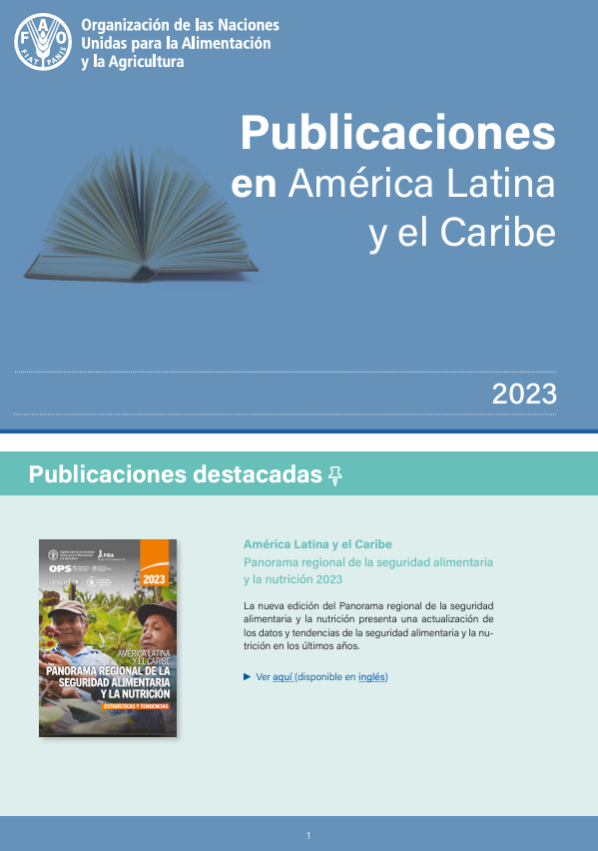Publicaciones
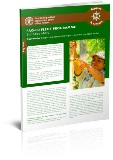
Guatemala: Supporting carpenters to purchase and use legal timber
16/04/2021
Through support from the FAO-EU Forest Law Enforcement, Governance and Trade (FLEGT) Programme, the Organization Asociación Balam has connected local carpenters to legal timber producers in the northern Guatemalan department of Petén by building and strengthening cooperatives.
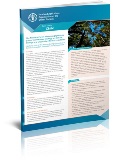
The National Forest Monitoring System as part of the National Strategy on Climate Change and Vegetation Resources in Chile
16/04/2021
This case study from Chile applies state-of-the-art monitoring approaches to forest conservation, restoration and managment. It offers a glimpse into Chile's efforts to reduce emissions from deforestation and forest degradation and enhancement on forest carbon stocks (REDD+).
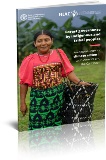
Forest governance by indigenous and tribal peoples. An opportunity for climate action in Latin America and the Caribbean
25/03/2021
The document summarizes the report that, based on a review of more than 250 studies, demonstrates the importance and urgency of climate action to protect the forests of the indigenous and tribal territories of Latin America as well as the indigenous and tribal peoples who protect them. These territories contain about a third of the continent's forests. That's 14% of the carbon stored in tropical forests around the world; These territories are also home to an enormous diversity of wild fauna and flora and play a key role in stabilizing the local and regional climate.
Evaluación del programa de cooperación de la FAO en Colombia 2015-2019
03/03/2021
El informe valora el posicionamiento estratégico de la FAO en Colombia, el nivel de logro de los resultados planificados, y proporciona perspectivas para orientar la futura cooperación entre la FAO y el gobierno colombiano.
Sistemas agroalimentarios nacionales y COVID-19 en Honduras
01/03/2021
Este informe describe: (i) las medidas y políticas adoptadas por el Gobiernopara contener la expansión del virus; (ii) las medidas y políticas para estabilizar y garantizar el funcionamiento de los sistema agroalimentarios; (iii) los posibles efectos de dichas políticas sobre los sistemas agroalimentarios y los grupos más vulnerables.
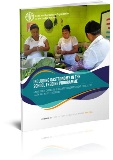
Guatemala - Including gastronomy in the School Feeding Programme – A necessary change to guarantee children's right to healthy, tasty and waste-free food
23/02/2021
Each year, the Guatemalan State invests about 1 869.2 million Quetzals (USD 245 million) in the national School Feeding Programme (PAE, by its acronym in Spanish), which feeds 2.4 million children. This research estimates that, by including gastronomy in the PAE, it is possible to prevent in a school year (180 days), the waste of 561.6 tonnes of food, equivalent to USD 864 000, or 0.35 percent of the invested budget.

Including gastronomy in the School Feeding Programme: The alternative to achieve the right to healthy, tasty and waste-free food
23/02/2021
Each year, the department of Barranquilla, Colombia, invests around 40 billion Colombian pesos (USD 12.2 million) in the School Feeding Programme (PAE) to feed 113 818 children and adolescents. This research estimated that including gastronomic techniques in just one menu of the PAE Barranquilla could prevent 99.7 tonnes of food waste, which represents around USD 159 000 per year (1.5 percent of the total budget).

